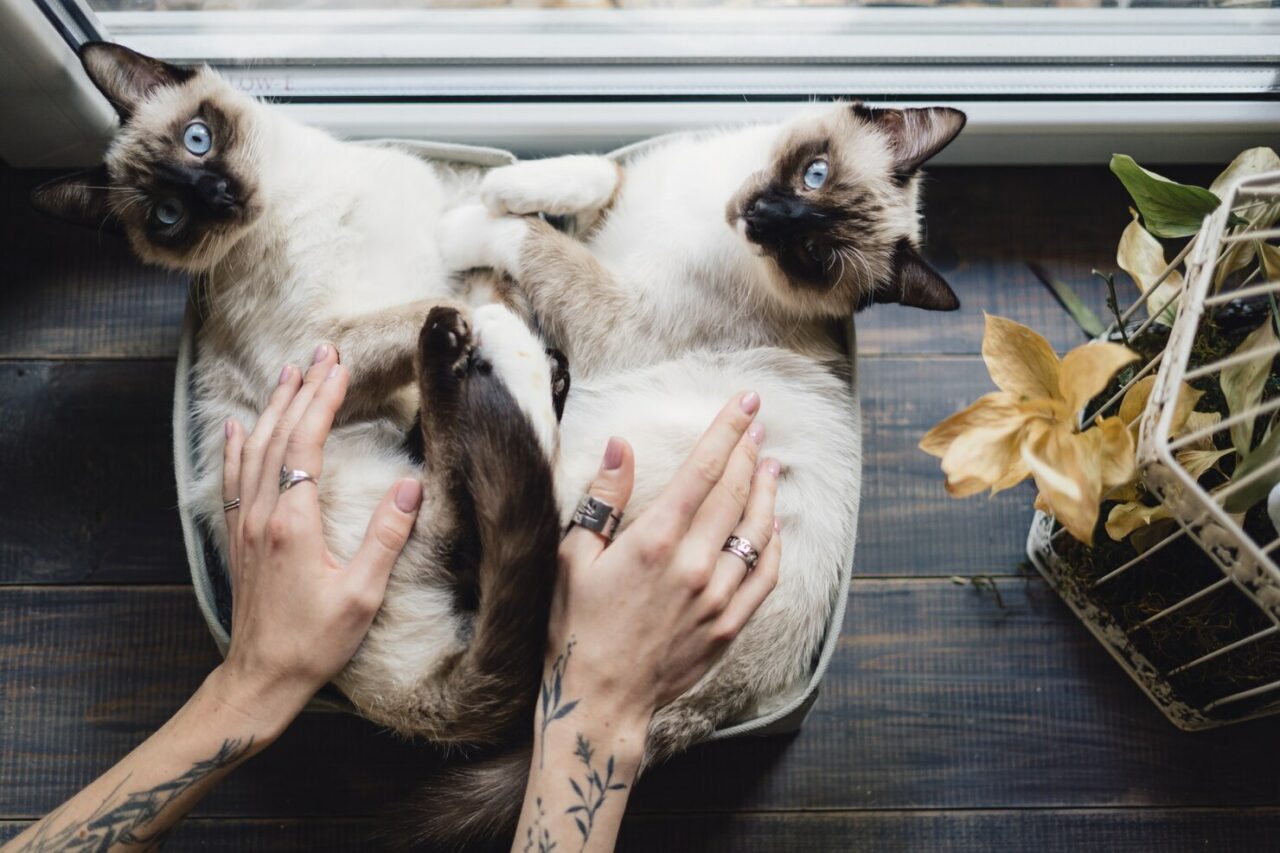Pets are cherished members of our families, and their health and well-being are of utmost importance to us. While conventional veterinary care plays a crucial role in keeping our pets healthy, many pet owners are turning to holistic approaches to complement their pets’ overall wellness. Holistic pet care focuses on the whole animal, taking into consideration their physical, emotional, and environmental well-being.
In this blog, we will delve into holistic pet care, exploring natural remedies and practices that can enhance your furry friend’s health and happiness.
You may also want to read more about exotic pet care.
Understanding Holistic Pet Care
Holistic pet care is an approach that seeks to maintain balance and harmony in your pet’s life, addressing not only physical ailments but also emotional and environmental factors. It considers your pet as a whole being, recognizing that various aspects of their life are interconnected. Here are some key principles of holistic pet care:
1. Nutrition
A holistic approach to pet care begins with proper nutrition. Feeding your pet a balanced and natural diet is essential for their overall health. Many pet owners are opting for homemade diets or high-quality commercial dog foods that do not contain artificial additives, preservatives, or fillers.

2. Natural Remedies
Holistic pet care often relies on natural remedies to address various health issues. These remedies can include herbal supplements, homeopathy, acupuncture, and aromatherapy. Natural remedies aim to support the body’s own healing mechanisms and can be used in conjunction with conventional veterinary care.
3. Preventive Care
Preventing health issues before they occur is a fundamental aspect of holistic pet care. This includes regular exercise, dental care, parasite control, and vaccinations that are tailored to your pet’s specific needs rather than adhering to a one-size-fits-all schedule.
4. Emotional Well-being
Pets have emotions too, and their mental and emotional well-being should not be overlooked. Providing a loving and stimulating environment, as well as addressing behavioral issues through positive reinforcement training, can greatly improve your pet’s emotional health.
5. Environmental Considerations
Holistic pet care takes into account the environmental factors that affect your pet’s health, such as the safety of household cleaning products, exposure to toxins, and access to fresh air and sunlight.
Natural Remedies for Common Pet Ailments
Now that we have a better understanding of holistic pet care, let’s explore some natural remedies for common pet ailments:
1. Joint Pain and Arthritis
Many older pets suffer from joint pain and arthritis. Glucosamine and chondroitin supplements, omega-3 fatty acids, and acupuncture can help alleviate pain and improve joint mobility. Additionally, maintaining a healthy weight through a balanced diet and regular exercise can reduce stress on the joints.

2. Allergies
Allergies in pets can manifest as skin irritations, digestive issues, or respiratory problems. Natural remedies like probiotics, omega-3 fatty acids, and local honey (which may help with environmental allergies) can provide relief. Identifying and eliminating allergens from your pet’s environment is also essential.
3. Anxiety and Stress
Pets can experience anxiety and stress due to various factors, such as separation from their owners, loud noises, or changes in their routine. Natural remedies like lavender oil diffusers, calming pheromone sprays, and herbal supplements like valerian root can help soothe anxious pets. Behavioral training and spending quality time with your pet can also reduce stress.
4. Digestive Issues
Digestive problems like diarrhea or constipation can be treated with natural remedies. Probiotics, pumpkin puree, and slippery elm bark can help regulate digestion. However, if digestive issues persist, it’s crucial to consult with a veterinarian.
5. Skin Conditions
Pets can suffer from skin conditions like dryness, itching, or hot spots. Natural remedies such as aloe vera gel, oatmeal baths, and coconut oil can provide relief. Regular grooming and a healthy diet can also contribute to skin health.
6. Dental Health
Maintaining your pet’s oral health is essential to prevent dental issues. Brushing your pet’s teeth regularly, providing dental chews or toys, and adding supplements like seaweed-based dental powders can support dental hygiene.
Integrating Holistic Care with Conventional Veterinary Care
It’s important to note that holistic pet care is not a replacement for conventional veterinary care but rather a complementary approach. Consult with a veterinarian who is open to holistic treatments and can provide guidance on the best combination of traditional and natural therapies for your pet’s specific needs.
Additional Holistic Practices for Pet Wellness
In addition to natural remedies, there are other holistic practices that can enhance your pet’s overall wellness:
1. Massage Therapy
Pet massage can help improve circulation, relieve muscle tension, and promote relaxation. It’s especially beneficial for older pets or those recovering from injuries.
2. Acupuncture
Acupuncture is an ancient practice that involves inserting thin needles into specific points on the body to stimulate natural healing processes. It can be effective in treating various conditions, including chronic pain and neurological issues.
3. TCM (Traditional Chinese Medicine)
Traditional Chinese Medicine, including herbal remedies and acupuncture, is becoming increasingly popular in holistic pet care. TCM practitioners assess your pet’s condition based on their energy balance and provide treatments tailored to their specific needs.
4. Chiropractic Care
Chiropractic adjustments can help align your pet’s spine, improve mobility, and alleviate pain. This can be especially beneficial for pets with musculoskeletal issues.
The Importance of Individualized Care
Every pet is unique, and what works for one may not work for another. Individualized care is at the core of holistic pet care. It’s essential to work closely with a veterinarian or holistic veterinarian who can assess your pet’s specific health needs, create a tailored care plan, and monitor their progress.
Conclusion to Holistic Pet Care
Holistic pet care offers a holistic approach to pet wellness, considering the physical, emotional, and environmental aspects of your pet’s life. Natural remedies, combined with proper nutrition, preventive care, and emotional support, can enhance your pet’s overall health and happiness. While holistic care is not a substitute for conventional veterinary care, it can complement it and provide your pet with a well-rounded approach to well-being. Remember that your pet’s health and happiness are worth the extra effort, and the bond between you and your furry friend will only grow stronger with holistic pet care.
